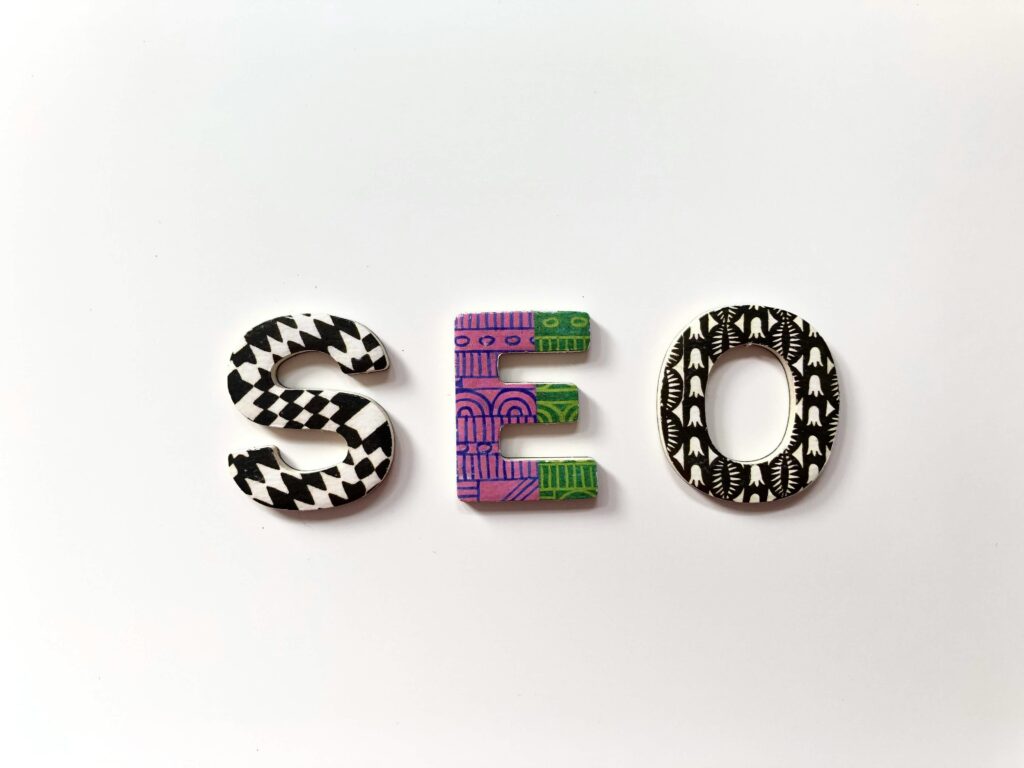What is SEO Content?

In the current online environment, just possessing a website is insufficient. To genuinely connect with your audience, your content must show up where individuals are looking—and this is precisely what SEO content achieves. What exactly is SEO content, and how do you begin producing it? Let’s simplify it so that everyone can grasp it.
SEO content refers to any writtenmaterial (or other media) on your sitethat is intentionallydesigned to achieveahighranking in search engines suchas Google. The aim is to alignwith what individuals are lookingfor—referred to as their “search intent”—ensuring your content appearsclose to the top of search results when relevant keywords are entered.
SEO content fundamentally involves more than simply inserting keywords into an article; it focuses on grasping your audience’s needs and creating content that effectively and comprehensively addresses their inquiries. When executed properly, SEO content generates free, continuous traffic to your site, establishes trust, and aids in converting visitors into clients.
What Makes SEO Content Essential?
Visualize your website as a store located on a bustling avenue. Without SEO, it’s akin to placing your shop on an empty street—no one will discover you. SEO content enhances your website’s visibility on Google and other search engines, where countless searches occur daily. When your content performs well in rankings, you can reliably draw in prospective customers without spending on advertisements.
Additionally, SEO content can position your business as an expert within your field. If you operate a gardening blog and regularly share useful guides on subjects such as “how to trim roses” or “ideal soil for tomatoes,” individuals will begin to view you as a reliable source.
The Primary Categories of SEO Content
SEO content can take many forms. Here are a few of the most common types:
- Blog posts: A blog is basically one of the easiest ways that a person can create a genuine flow of useful SEO content. As blog posts tend to be much more engaging and highly likely to attract more klinks rather than just product pages, so it could be quite a good way to simply build a bit of authoritty for your specific website.
- Product or service pages: If you happen to be selling products or services on your website, i.e retail e-commerce sites, a great product or service could easily serve as SEO content and a PPC landing page.
- FAQs: Question-and-answer sections help you target voice search queries and specific questions people often type into Google.
- Videos and infographics: Though these won’t be text based, it could be easily optimized by search engines if you add in keyword dense titles, or descriptions, even captions.
How Do You Actually Write SEO Content?
Here’s where people get overwhelmed — but don’t. Writing SEO content is really about doing a few key things well. Here’s a quick breakdown:
Know what people are searching for.
That means doing some keyword research. Tools like Google’s Keyword Planner, Ubersuggest, or even typing stuff into Google and seeing the autocomplete suggestions can help.
Write with purpose.
Are you trying to inform? Sell? Explain something? Understanding your goal helps shape the tone, structure, and keywords.
Use keywords naturally.
Don’t force it. Use your main keyword in the title, maybe a heading or two, and a few times in the text. If it sounds weird out loud, it probably reads weird too.
Break it up.
Use headings, short paragraphs, bullet points — anything that makes it easier to read. No one wants to stare down a wall of text.
Link where it makes sense.
Link to other helpful stuff — both on your own site and beyond. It’s good for SEO and shows you’re not just making things up.
Make it genuinely helpful.
Google rewards content that’s useful. So give examples. Add tips. Answer the questions your reader is probably thinking.
A Few Things to Avoid
SEO content can backfire if it’s done wrong. Here are a few rookie mistakes to skip:
- Overloading with keywords. That old-school trick doesn’t work anymore. Google’s smarter than that.
- Writing for bots, not people. Your content should sound like you, not like it was built in a factory.
- Forgetting to update things. A blog post from 2018 might still be relevant — but it won’t rank if it looks outdated.
So, Where Should You Start?
Pick a topic you know your audience cares about. Do a quick search and look at what already ranks. Then ask: Can I write something better, clearer, or more helpful? If the answer’s yes, go for it.
And don’t stress about being perfect. SEO content isn’t about writing like a robot — it’s about writing so people (and search engines) can find you and actually want to stick around.
Final Thoughts
Honestly? SEO content is… kinda overhyped. Like, yeah — it’s important. But at the end of the day, you’re just writing things that people want to read. That’s really it.
I remember the first time I heard someone say “optimize your content.” I just nodded like I understood and Googled it later. Turns out, it’s just: write clearly, add stuff people are actually searching for, and don’t make it boring.
You don’t need to sound like a robot. Or a professor. Just sound like you. The internet’s full of recycled fluff. If you can be even a little more real, people notice.
So… don’t overthink it. Write, tweak a few things for search, hit publish. Learn the rest as you go.
That’s how everyone starts.
